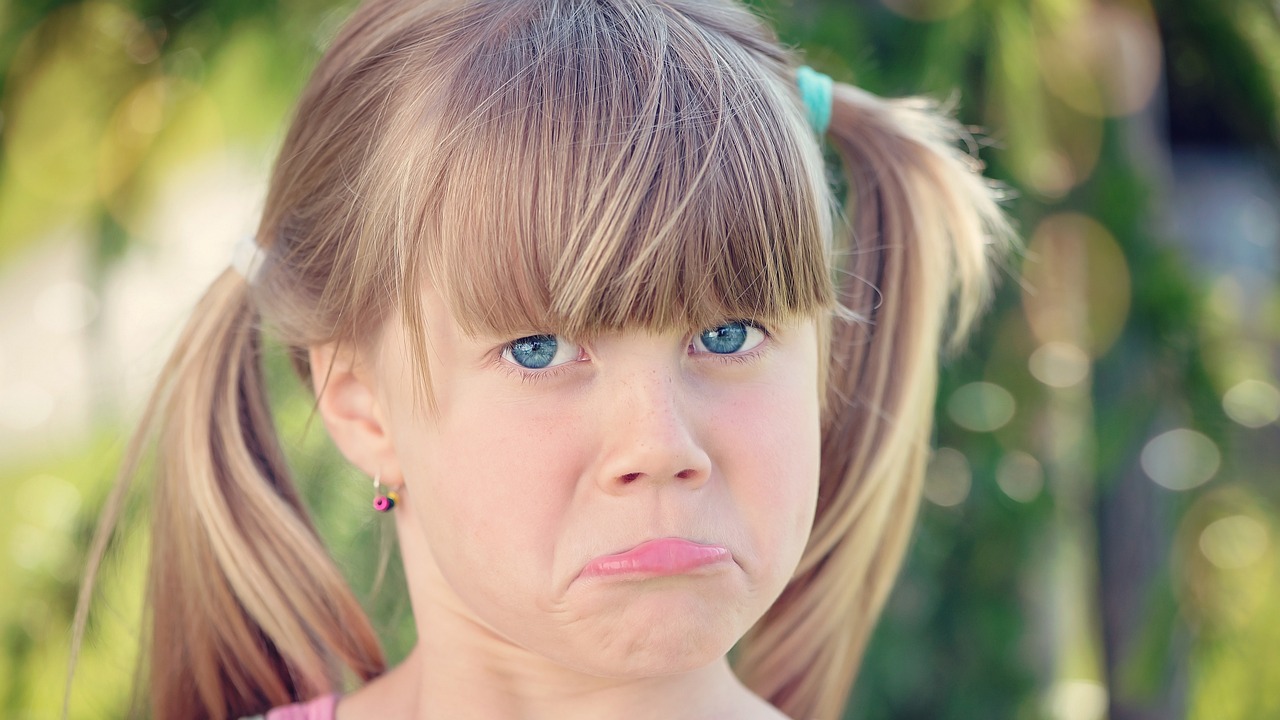There are lots of styles parents adhere to that are relevant to today's society. Some of them prefer to monitor their children while others lose control and their kids life is like growing weeds. The last option has several types in its essence from indifferent parenting to overall parentification. Of course, both of them are not on the list of the best parenting styles. Moreover, today, psychologists talk about the parentification trauma that has a long-lasting effect on their future. Let's talk in that article about the essence of parentification. Besides, we have some thoughts about how to escape it.
The Essence and Roots of Parentification and Why Is It Bad
Generally, term parentification refers to the behavior of moms and dads when they delegate their duties to kids. In this case, kids grow up faster as they have responsibilities they shouldn't have from an early age. There is a couple of basic types of parentification defined by psychologists.
- Emotional parentification is the situation when adults wait from their litte ones high emotional support. At the same time, they themselves rarely express their love and care but they are in dire strive for such behavior and make their children provide it. There are also situations when emotional parentification is expressed in support and manifestations of love towards younger or older siblings, for example, if relatives neglect or hurt them.
- Physical type is the behavior of a child when he takes responsibility for the physical condition of his pride. For example, a child prepares food for the whole family because mom and dad do not fulfill this duty. Or, for example, a teenager finds a job to support his family if his parents do not cope with a responsibility of that kind.
Be it so. parentification is not any good. An unbearable burden falls on the child's psyche and body, and you simply deprive them of their childhood. The reasons for such demeanir of parents can be physical incapacity, the death of a parent, a marginal lifestyle, the presence of addictions, etc.
Children, That Grown Up Too Fast: What Risks Do They Have?
What risks accompany a parentified child? Studies have shown that approximately one-fourth of all persons who experience parentification in their early age experience a predisposition to depression, anxiety disorder, OCD, and anorexia/bulimia further. In addition, children who were responsible for their parents in childhood often choose similar relationship patterns in adulthood and choose as a partner a person who needs support. As a result, they are in an unhealthy co-dependent relationship. Moreover, grown children transfer the pattern of parentification to their children, actually adopting to them, and this pattern of behavior is passed on from generation to generation.
However, there is good news if, for example, you have become a victim of parentification. Such people have a higher level of responsibility, since childhood they know how to use the “please everyone” strategy, and their experience helps in social professions, including health care, senior care, nursery, etc.
5 Principles for Avoiding Parentification
So, are there ways how to avoid that parenting style and achieve good parenting skills? We have some ideas about that.
- If you notice even the slightest sign of parentification in your family, whether it comes from you or your spouse, it's best to acknowledge the problem right away. The help of a psychoanalyst will be useful to work out the reasons for such behavior on the part of the parents.
- Always be in touch with your children. You are parents, and it is your task to control how and what your children do. Just buying a GPS watch in this case is not enough because it only shows the location of the owner. It is better to build a trusting relationship with your child and use special applications to prevent inappropriate content on his gadget or cases of online abuse.
- If you've experienced parentification yourself in the past, it's best to let go of the past and not take your parents' patterns of behavior into your parenting experience. Remember that you are responsible for the child, not him for you. Build your parenting castle around this principle.
- Try to involve other significant adults in raising the child if you yourself are obviously not doing well. It can be grandparents, your brothers and sisters, if appropriate, teachers and coaches in the sports section. The child needs support, and if you cannot give it, try to find those who can.
And most importantly, do not blame yourself if in your early years your parents shifted their responsibilities to you. It's already in the past. Go ahead and develop responsible parenting skills in your family.



